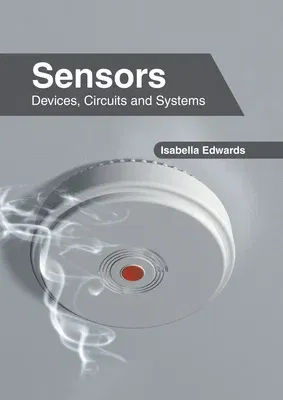Sensors: Devices, Circuits and SystemsHardcover, 8 March 2022

Qty
1
Turbo
Ships in 2 - 3 days
In Stock
Free Delivery
Cash on Delivery
15 Days
Free Returns
Secure Checkout

Print Length
250 pages
Language
English
Publisher
States Academic Press
Date Published
8 Mar 2022
ISBN-10
1639894802
ISBN-13
9781639894802
Description
Product Details
Book Format:
Hardcover
Country of Origin:
US
Date Published:
8 March 2022
Dimensions:
27.64 x
20.32 x
1.6 cm
ISBN-10:
1639894802
ISBN-13:
9781639894802
Language:
English
Pages:
250
Publisher:
Weight:
811.93 gm